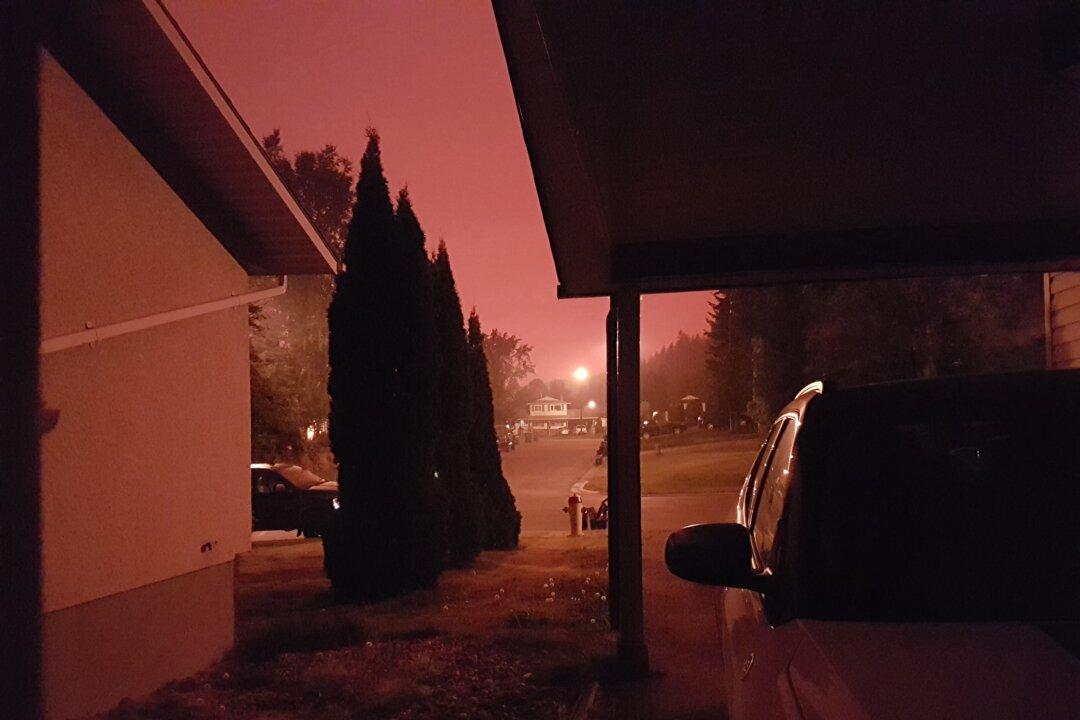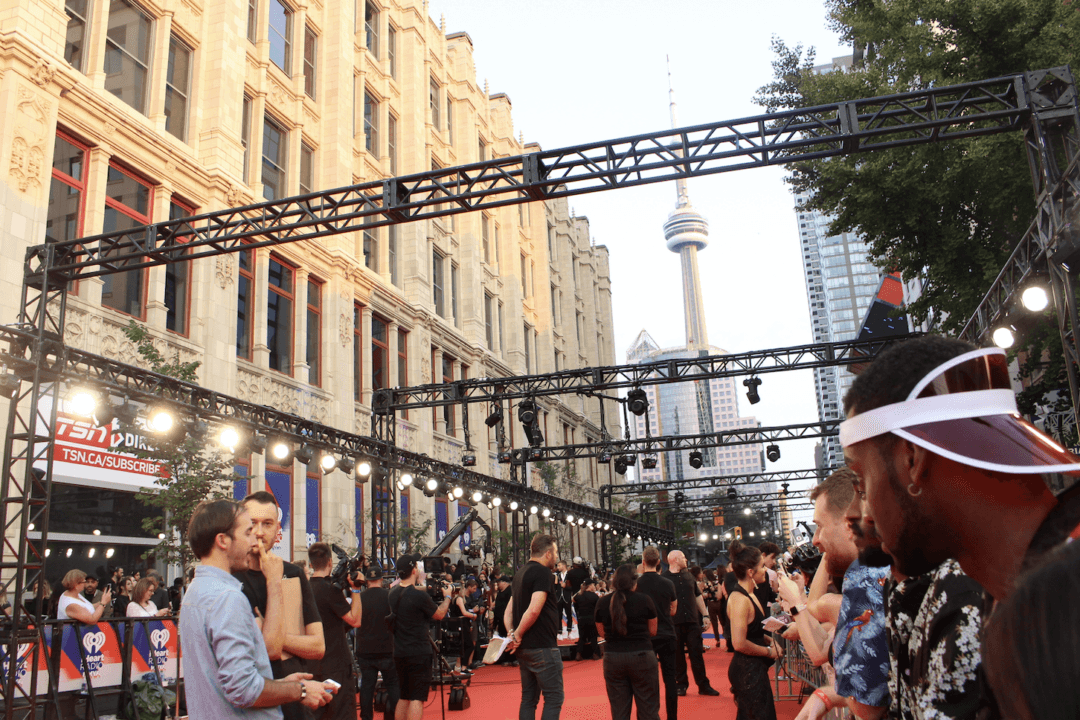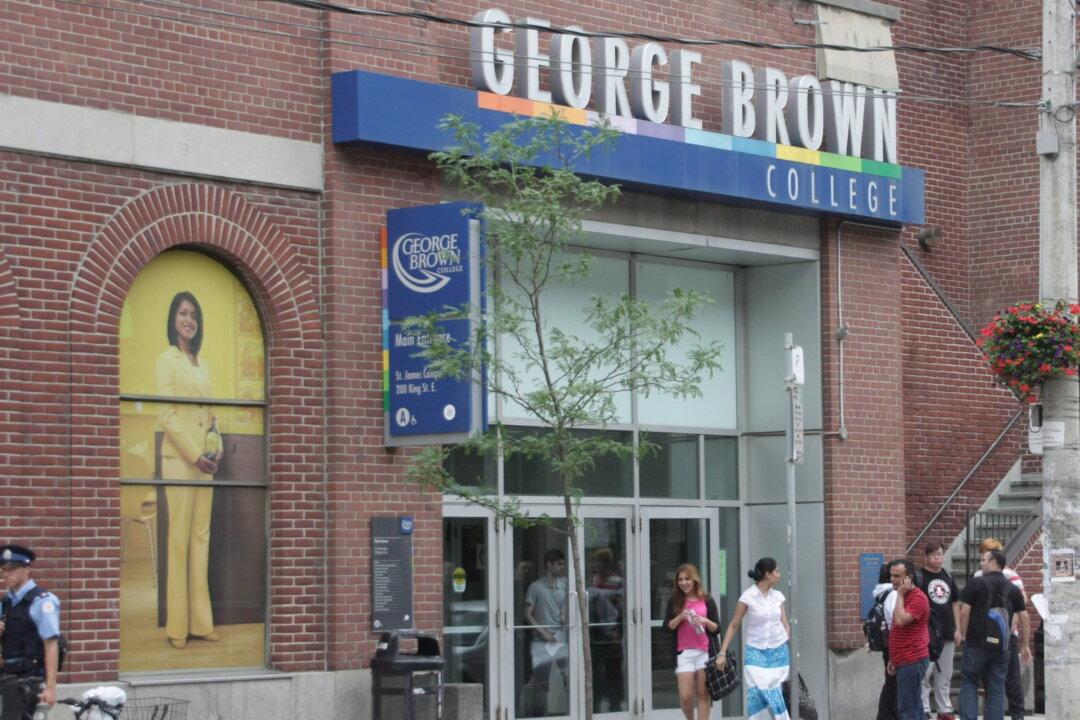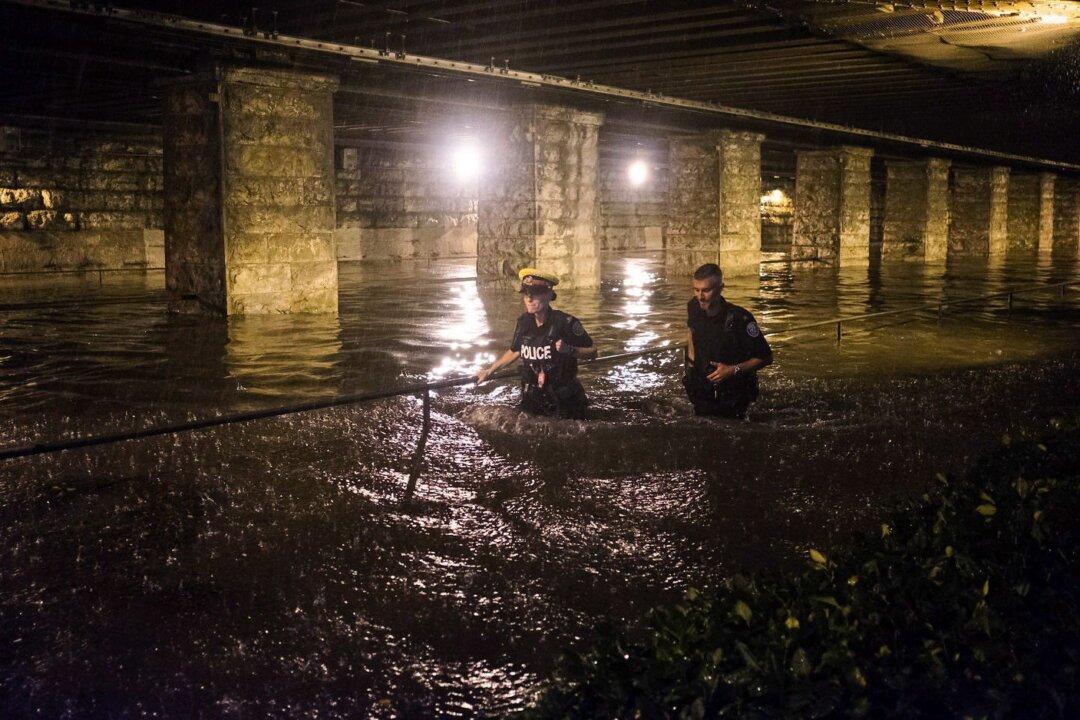As wildfires in British Columbia continue to rage and thick smoke blankets the province, residents in some areas are beginning to wonder if this is what they can expect every year.
Penticton resident Jo-Anne Ball says this is the third year in a row that the region has been impacted by wildfires.




